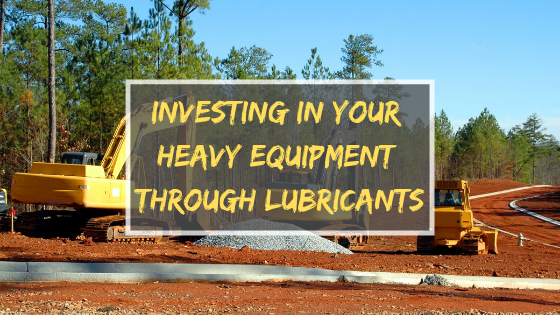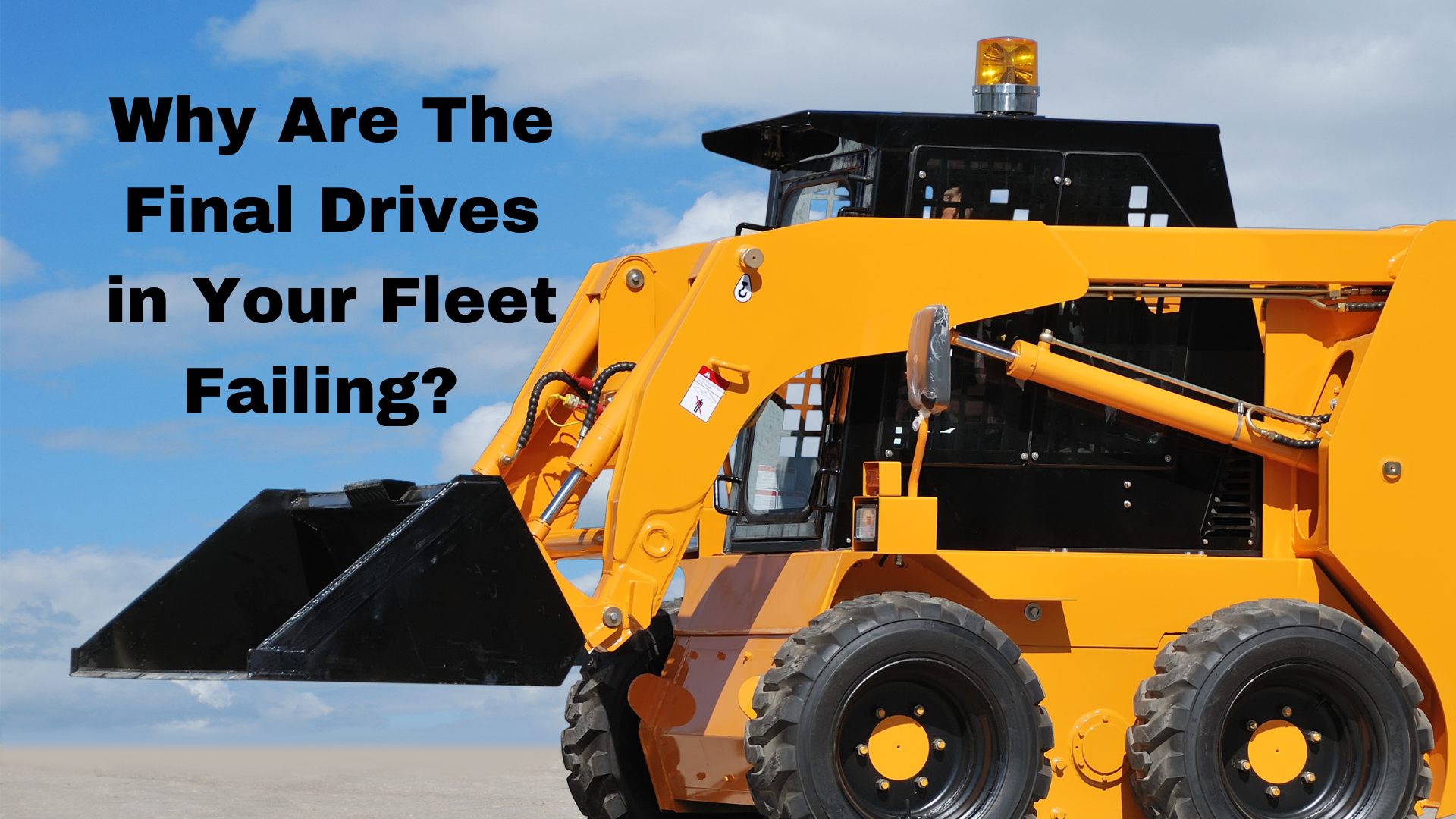Investing In Your Heavy Equipment Through Lubricants
Oct 14th 2018
Many compact equipment owners see lubricants just the cost of doing business, but lubricants are far more important than that. Informed owners and operators know that the proper use of lubrication can extend the useful life of their heavy equipment and enable that equipment to operate at peak efficiency.
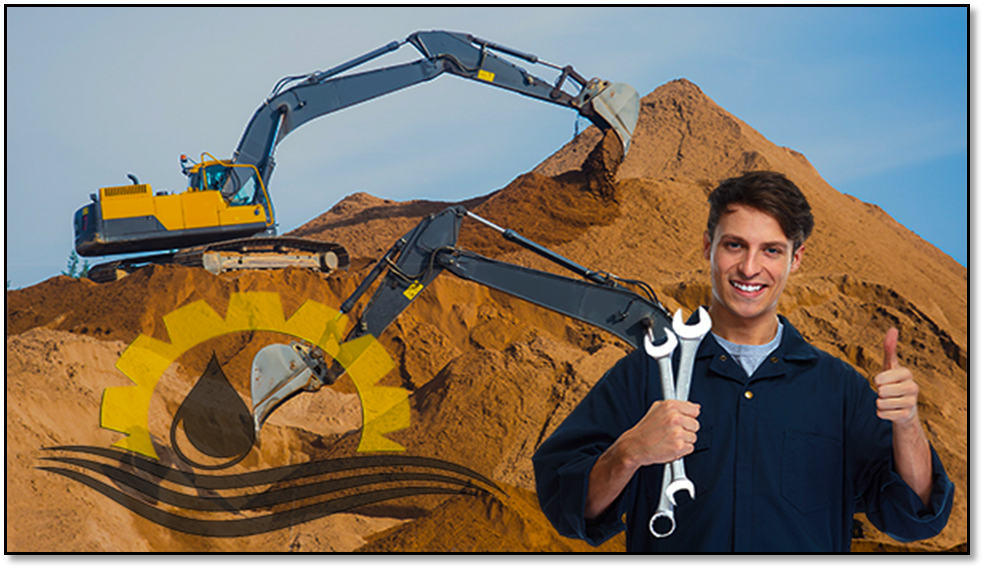
Lubrication and Component Failure
Failure to keep the components in your compact equipment lubricated inevitably leads to increased temperatures in the region where surfaces are in contact with each other. This increase in temperatures leads to a destructive cycle of welding and galling if temperatures go high enough. Metal debris in the form of shavings or flakes begin to develop and contaminant the lubricant in your equipment. This leads directly to catastrophic failure.
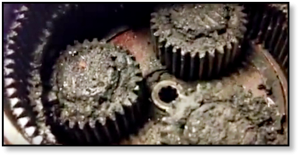
In short, if a part doesn’t fail because it was overloaded or due to a defect in design or manufacturing, chances are its failure can be traced back to an issue with lubrication. In fact, experts agree that 50-60% of bearing failures are related to lubrication issues. Most of the final drive and hydraulic motor failures that come into our shop here at Final Drive Parts are directly related to a lack of proper lubrication or contaminants in the gear oil or hydraulic fluid. These repairs are expensive, but the maintenance needed to prevent them represents just a fraction of the cost of repair.
Importance of Routine Lubrication Maintenance
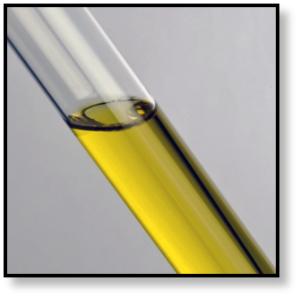
There are regular maintenance routines to follow, appropriate filters to use, recommended lubricants to implement under different conditions, etc. When you follow the routines and guidelines provided by the OEM, you are going to prevent minor damage that negatively affects the performance of your machine and stop major damage that dramatically reduces the probability of catastrophic failure.
Keep in mind that these maintenance schedules are not simply guesswork on the part of the engineers: they were developed to optimize the life and performance of your equipment.
Check your equipment manual and follow the recommendations for when to check and change hydraulic fluid and gear oil. Do the same thing for filters and be careful to follow recommendations for grease and lube, also. You can encourage your operators to assist with greasing and lube by providing easy access to grease guns.
You don’t necessarily need expensive tests and diagnostic equipment to keep track of your lubrication needs. Experienced maintenance professionals will tell you that the most important thing you can do is check your equipment regularly and make sure that you are using the correct lubricants and filters. Keep in mind that cheap, off-brand filters are usually cheap for a good reason: lesser quality. Using cheap filters puts your equipment at risk.
Choosing the Right Lubricants
Manufacturer’s recommend specific brands of lubricants because the engineers who designed that equipment did so with that type of lubricant in mind. They also predicted performance and life of your compact equipment based on using that particular lubricants. If you switch to a different type of lubricant, you run the risk of, at minimum, impaired performance and, at worst, expensive damage to your equipment.
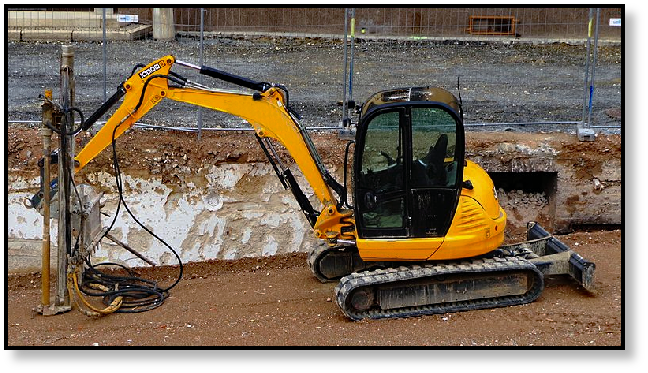
Conclusion
The most expensive, extensive diagnostic equipment will not make up for a

